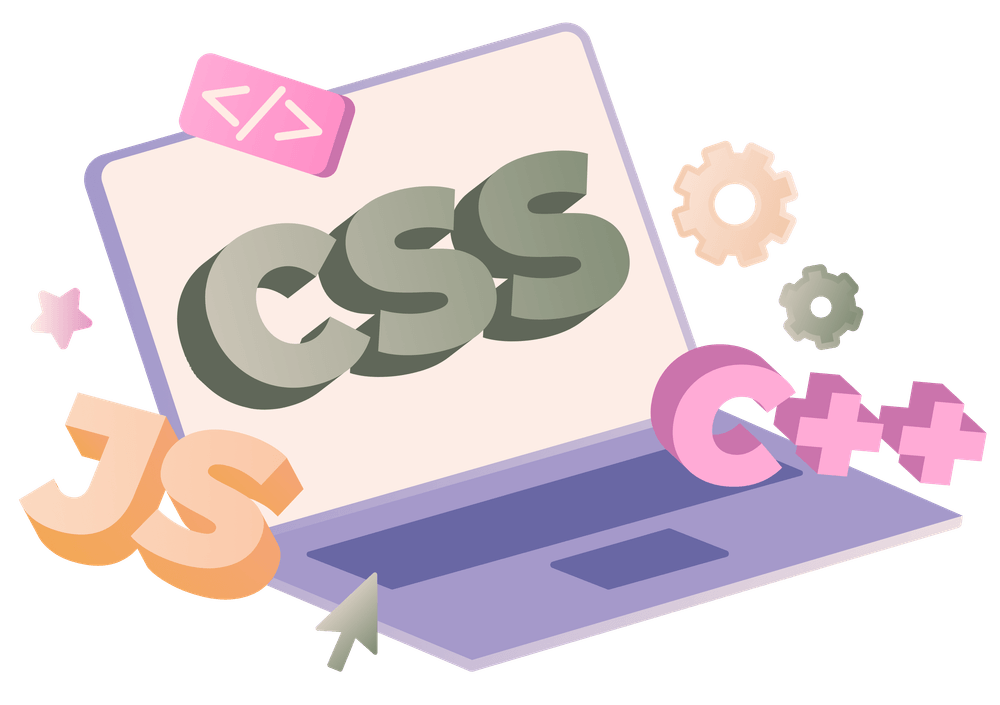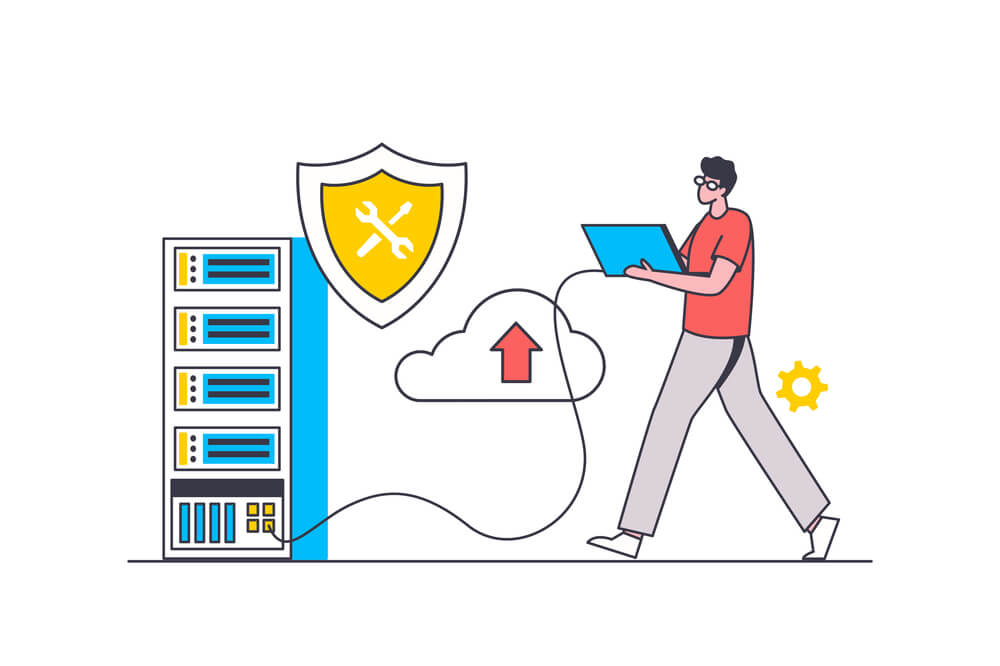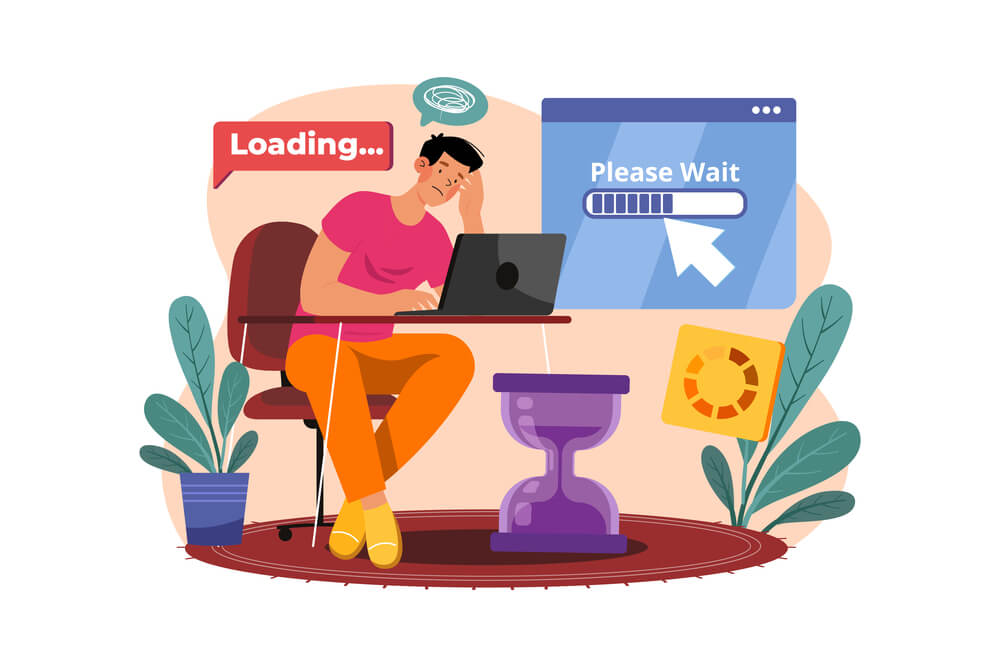In today’s fast-paced digital world, speed is the name of the game. When users click on your site, they expect it to load faster than they can say “buffering.” Search engines have picked up on this trend, showing a clear preference for websites that deliver content quickly. That’s why page speed is a heavyweight contender in your on-page SEO strategy. In this guide, we’re not just skimming the surface; we’re diving headfirst into the nitty-gritty of turbocharging your site’s performance. We’ll explore the critical reasons why fast-loading pages matter and share a treasure trove of practical tips to help you kick your website’s speed into high gear. So, buckle up and get ready to rev up your site’s speed—you’ll be amazed at how it can elevate your SEO game and keep visitors coming back for more!
Why Page Speed Matters in SEO?
The Need for Speed
Page speed isn’t just about keeping your visitors happy, it’s a key player in how search engines decide where to rank your site. Google has made it clear that fast-loading pages are a must if you want to snag those top spots in search results. If your website is slow, you’re not only frustrating users who want to get to your content quickly, but you’re also risking your visibility online. A sluggish site can lead to higher bounce rates, meaning people are likely to click away before they even see what you’ve got to offer. In a world where every second counts, a little delay can cost you potential customers and valuable traffic.
In today’s digital scene, speed is essential for keeping users engaged and boosting your SEO game. With so many people browsing the web on their phones, making sure your site loads quickly on all devices is more important than ever. Search engines are all about user experience, so if your site is speedy, you’ll have a better shot at climbing those rankings. Plus, a faster site means happier visitors, which can lead to more engagement and conversions. So, as you dive into optimizing your website, remember, prioritizing speed is a smart move that pays off in the long run.
The SEO-Page Speed Connection
Page speed is about much more than just making things convenient, it’s a critical player in keeping users satisfied and engaged with your content. When your pages load quickly, visitors are more likely to stick around and explore what you have to offer. On the flip side, if your site takes forever to load, users are likely to bounce off and head to a competitor’s site. This behavior doesn’t just affect your traffic; it also sends a signal to search engines that your content may not be worth the wait. Think of it this way: if you walk into a bustling restaurant and the service is dragging, you’re probably going to check out a place that can get you fed faster. In the same way, a fast-loading website keeps users engaged and signals to search engines that your site is providing a valuable experience.
So, why does this all matter in the grand scheme of SEO? Well, search engines like Google prioritize sites that deliver quick, smooth experiences to users. When they see that people are bouncing away from your slow site, it raises a red flag and could negatively impact your rankings. A speedy site not only helps retain visitors but also boosts your chances of climbing the search results ladder. In today’s digital age, where instant gratification is the norm, ensuring your site loads quickly can lead to better user engagement, lower bounce rates, and ultimately, more conversions. So, investing time and effort into optimizing your page speed is a smart move that pays off by keeping both users and search engines happy.
Analyzing Your Current Page Speed
Page Speed Metrics
Before you jump into the optimization process, it’s crucial to take a step back and figure out just how fast—or slow—your website is loading. A good starting point is to use tools like Google PageSpeed Insights, GTmetrix, or Pingdom. These tools provide valuable insights into your site’s performance and can highlight specific areas that may need some attention. For instance, they might flag oversized image files that are dragging down your load times, or excessive JavaScript that’s clogging up your pages. Understanding these metrics is key, as it gives you a clear picture of where the bottlenecks are, allowing you to tackle them one by one.
Once you have a handle on your current page speed, you can target specific improvements that will get your website running at peak performance. Whether it’s optimizing images, reducing the amount of JavaScript, or cleaning up other elements that slow down page rendering, having this data at your fingertips helps you make informed decisions. Remember, every second counts when it comes to user experience and search engine rankings. So, take the time to analyze your page speed metrics and set a solid foundation for your optimization efforts.
Mobile Optimization
Don’t sleep on the mobile experience—it’s super important in a world where everyone seems to be browsing on their smartphones and tablets. Optimizing your site for mobile isn’t just a bonus anymore; it’s a must. You want to ensure that your website is responsive and looks great on all kinds of devices and screen sizes. This not only makes for a smoother browsing experience but also keeps users happy and engaged. Think about it: if your site looks jumbled or takes forever to load on a phone, visitors are likely to bounce, and you definitely don’t want that!
By focusing on mobile optimization, you’re making your site more accessible and enjoyable for users, which can really boost your online presence. Plus, search engines like Google take mobile-friendliness into account when ranking sites. So, not only will you be improving user satisfaction, but you’ll also be giving your SEO a nice little boost. In short, prioritizing mobile optimization is a smart move that pays off in better engagement, higher traffic, and ultimately, more success for your website.
Strategies for Turbocharging Your On-Page SEO
Optimize Images
Large images can be a major speed bump for your website, so keeping them in check is essential. To ensure your site runs smoothly, make it a point to resize and compress your images without sacrificing quality. Modern formats like WebP are excellent for shrinking file sizes while still delivering sharp visuals. Plus, here’s a handy tip: consider using lazy loading to give your performance a nice boost. This technique allows images that are visible at the top of the page to load quickly, while those further down only load when users scroll down. This means your site stays fast and responsive, leading to a better experience for everyone who visits.
By optimizing your images, you not only improve your site’s speed but also enhance user engagement. After all, nobody likes waiting for a page to load, especially when they’re eager to see what you have to offer. So, taking the time to manage your images effectively is a smart move that pays off in the form of happier visitors and improved SEO. Remember, every little tweak counts when it comes to turbocharging your on-page SEO.
Minimize HTTP Requests
Every single element on your webpage—whether it’s images, scripts, or stylesheets—triggers its own HTTP request, and each of these can add to your site’s loading time. To really boost your page speed, you’ll want to focus on reducing the number of these requests. Look for opportunities to combine files, like merging CSS and JavaScript, and don’t hesitate to ditch any unnecessary elements that might be cluttering your page. Additionally, taking advantage of browser caching can help streamline the process, allowing returning visitors to load your site faster.
By cutting down on HTTP requests, you’ll not only speed up your page load times but also improve your site’s overall performance. This means a smoother, quicker experience for your users, which is crucial for keeping them engaged and happy. Remember, a speedy site is a site that keeps visitors coming back for more, so tackling those HTTP requests is a smart strategy that can really pay off in the long run.
Leverage Browser Caching
Turning on browser caching is a great way to give your website a nice speed boost. This trick lets your site store temporary copies of static files—like images and stylesheets—on visitors’ devices. So, when people come back to your site, they won’t have to download those files again, making your pages load way faster. It’s all about keeping things quick and easy for your visitors, so they stick around longer without the annoying wait times.
Just remember to set expiration dates for your cached content wisely. This ensures that while users enjoy those speedy load times, they’re also getting the latest info when they come back. It’s all about finding that sweet spot between speed and fresh content. By leveraging browser caching, you’re not just speeding things up, you’re also making sure your visitors have a smooth and enjoyable experience on your site.
Optimize CSS and JavaScript

If you want to really boost your site’s speed, it’s time to take a hard look at your CSS and JavaScript files. Start by condensing and merging them to shrink their size, which helps cut down loading times. Go through your code and eliminate any unnecessary bits, like extra comments or blank spaces—every little bit counts! The goal here is to make your files as lean as possible, so your site can zip along instead of dragging its feet. A cleaner code means faster load times, and that’s something your visitors will definitely appreciate.
Another smart move is to load your scripts asynchronously. This means your JavaScript won’t hold up the rest of the page from loading, so users can see your content quicker. Nobody likes waiting around for a page to fully load, right? By optimizing your CSS and JavaScript, you’re not just speeding things up; you’re also making the overall user experience way smoother.
Upgrade Hosting
When it comes to your website’s performance, the hosting provider you choose makes a huge difference. It’s essential to go with a reliable host that offers high-speed servers packed with enough resources to handle your needs. If you want to take it up a notch, consider upgrading to a dedicated server, which gives you exclusive access to server resources and better performance. Alternatively, using a Content Delivery Network (CDN) can be a game-changer. CDNs like Cloudflare or Akamai help distribute your content across multiple servers worldwide, so users can access your site faster no matter where they are. This means less lag and happier visitors!
Switching to a top-tier hosting provider or integrating a CDN can seriously enhance your site’s speed and reliability. A solid hosting setup ensures your site can handle more traffic and keeps everything running smoothly. Imagine visitors breezing through your pages without annoying delays—now that’s the kind of experience you want to provide! So, don’t overlook your hosting choices; investing in a quality provider can make a world of difference in how your site performs and how users interact with it.
Monitoring and Maintenance

Regular Audits
Boosting page speed is more of a marathon than a sprint—it’s an ongoing commitment rather than a one-time fix. To keep your site running like a well-oiled machine, make it a habit to regularly audit your website. This means checking for any new opportunities for improvement and keeping tabs on changes in website components, external scripts, or plugins that could impact performance. Whether it’s outdated plugins or slow-loading images, catching these issues early can save you a lot of headaches down the road.
Staying proactive and vigilant is key to ensuring your site remains optimized. Schedule those audits routinely to make sure your website performs at its best, providing users with a consistently smooth experience. The better your site runs, the happier your visitors will be. So, embrace the maintenance routine and keep your site in top shape—your users (and your SEO) will thank you!
Continuous Testing
To keep your website’s performance in tip-top shape, ongoing testing is a must. Consider implementing A/B testing to see how different tweaks affect your site’s speed and user engagement. By trying out various versions of your pages—whether it’s adjusting layouts, changing images, or modifying content—you can identify which changes really amp up performance and draw in your visitors. This approach isn’t just about making changes for the sake of it; it’s a way to get real data on what resonates with your audience.
Think of continuous testing as your secret weapon for discovering what truly works best for your site. It’s all about tweaking and testing until you find that sweet spot where speed and user experience collide. By staying committed to this process, you’ll ensure your website remains fast and engaging for everyone who stops by.
A Quick Recap
In today’s fast-paced online environment, every second counts! When it comes to enhancing your on-page SEO through speed optimization, it’s not just about ticking boxes for search engine requirements—it’s really about giving your audience a smooth and enjoyable browsing experience. People expect websites to load quickly, and if yours doesn’t, they’ll likely bounce right out. So, take a moment to dive into the tips from this guide and start implementing changes to boost your site’s performance.
Keep a close eye on your website’s speed and stay proactive about making improvements. The digital landscape is constantly changing, and being ahead of the curve can make all the difference in achieving higher search rankings and keeping your users happy. Remember, speed isn’t just a nice-to-have feature, it’s your ticket to success in the competitive online world. So, prioritize optimization, and watch your site thrive!



